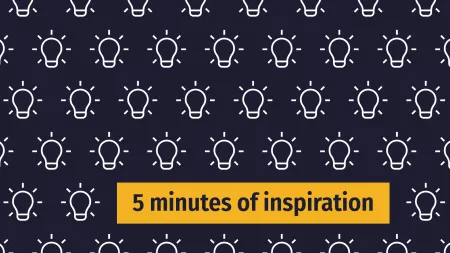Giving people choices matters. It increases their sense of power—and with communities in Chad who face frequent droughts, conflict, and refugee situations, building a sense of empowerment is helpful. In Chad, it also kept the goats alive longer—since people could pick out which goats they wanted from livestock fairs. It was one of several activities that helped families in Chad cope with crisis.
The PARELAC project operated from 2016-2018 in the Lake Chad basin with $2 million from ECHO. It reached 28,000 people in partnership with Action Against Hunger (ACF). CARE was in charge of the livelihoods work, and ACF ran the WASH component.
What did we accomplish?
- Kids got healthier: Malnutrition dropped by 90%, from nearly 7% at the beginning of the project to less than 1% at the end.
- People ate more food: There was an 87% increase in the number of families who were eating enough of the right kinds of food.
- Women prepped for emergencies: VSLA groups used their savings to buy grain that they could eat during the lean season. If they didn’t need it because their own production was enough, they could sell it for a profit of about $50—two-thirds of what CARE gave them.
- Families didn’t lose as much: 72% of families were able to keep or increase their productive assets (like farm tools or livestock).
How did we get there?
- Give people money: The program gave people about $27 three different times. They used between 66 and 78% of the money to buy food, and the rest to pay down debts or invest in future income opportunities.
- Be transparent: Participants got involved in selecting who received the cash, and had ways to let us know if it wasn’t working.
- Organize women’s groups: Communities liked the VSLA groups and saw that women could organize and take action effectively when they had the opportunity. In fact, VSLA groups started setting up ways to cover the gap when WFP was late with food distributions.
- Give people a choice: One of the project activities was to give people goats, but instead of just showing up with goats, the team organized a livestock market so people could make their own choices about what they wanted. Communities loved the opportunity to decide what they got themselves and to inspect the goats for quality.
- Listen, and fix problems: At first, communities consistently said that passing out cash at the market was too far away and not safe enough for them. So instead the project started going to communities and passing out the money more discretely and closer to home.
- Be efficient: CARE put 66% of the grant into direct program costs, compared to ACF, who only invested 45% into the project instead of overhead.
Want to learn more?
Check out the evaluation.
